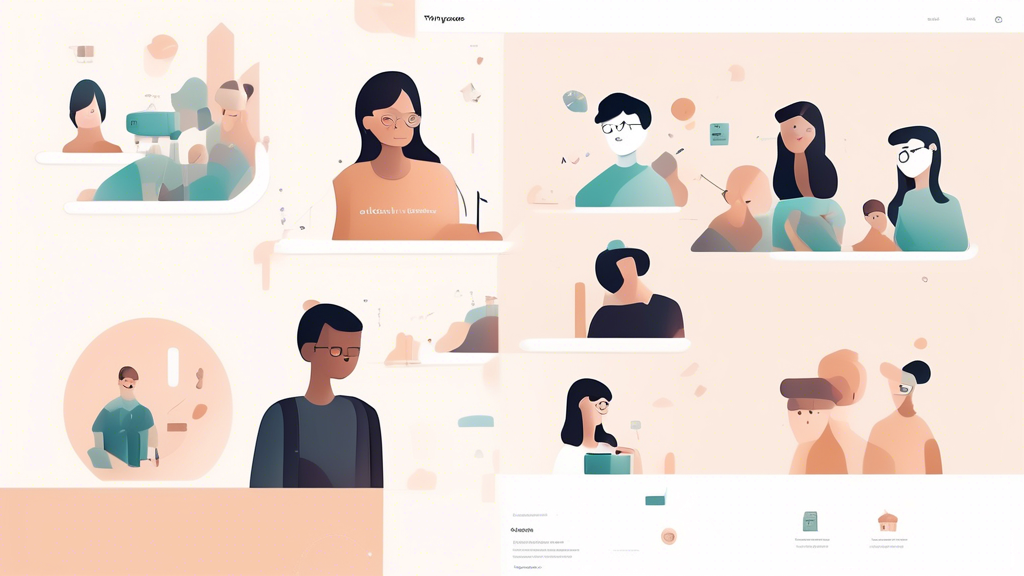Introducing TinyTroupe: Microsoft’s Innovative Open-Source Project
Microsoft’s TinyTroupe is an exciting new open-source library that originated from a company hackathon. Released with immense potential, it is important to note that it is still in its experimental phase. TinyTroupe has generated curiosity, especially among tech enthusiasts and students who are intrigued by its utilization of large language models (LLMs) like GPT-4 to create AI agents known as TinyPersons. These agents play unique roles in virtual environments, making the library a fascinating subject of study.
A New Way to Simulate Human-Like Interactions
At the core of TinyTroupe is its technology and components. Each AI agent, or TinyPerson, is endowed with unique personalities, interests, and goals, allowing them to interact with one another realistically within virtual worlds called TinyWorlds. This could be particularly beneficial for students interested in AI and digital interaction as it provides a vivid way to see these methodologies in action. Students keen to explore how AI can simulate real-world scenarios will find TinyTroupe’s approach both insightful and enlightening.
From a functional standpoint, TinyTroupe is not just about creating simulated environments for fun or games. Instead, it is tailored towards applications in business and productivity. It provides new methods for innovation in market research and product testing. For students interested in digital marketing or business simulations, the ability to simulate interactions—like those between business consultants and bankers or within focus groups—offers a hands-on way to explore digital credentials.
Harnessing the Power of Customization and Community Input
One of the most powerful features of TinyTroupe is the capacity for highly customizable personas. This customization opens up endless opportunities for studying consumer behavior under controlled conditions. For students in digital studies, the opportunity to mold AI agents to imitate a wide array of user types can be a game-changer in understanding market dynamics and human-computer interaction fundamentals.
Microsoft is also fostering a sense of community by making some test cases available on GitHub and actively soliciting community feedback. This initiative is essential for students wishing to delve into project development and contribute to an evolving tech tool. As the library is still in its nascent stages, student input can be valuable while offering exposure to collaborative, open-source projects.
As students explore TinyTroupe, they might also consider practical applications such as evaluating digital advertisements or generating synthetic data for model training. These aspects highlight the potential of TinyTroupe as an educational tool. By understanding how simulations can impact user experience evaluations and system testing, students can gain insights that transcend traditional textbook learning.
In summary, Microsoft’s TinyTroupe is a promising tool for simulating complex human interactions through AI agents. While the library is still under development, it holds vast potential for students looking to expand their understanding of digital environments, AI, and innovative application scenarios. With ongoing improvements and a focus on community engagement, TinyTroupe offers an interactive platform where curiosity can lead to valuable learning experiences.
